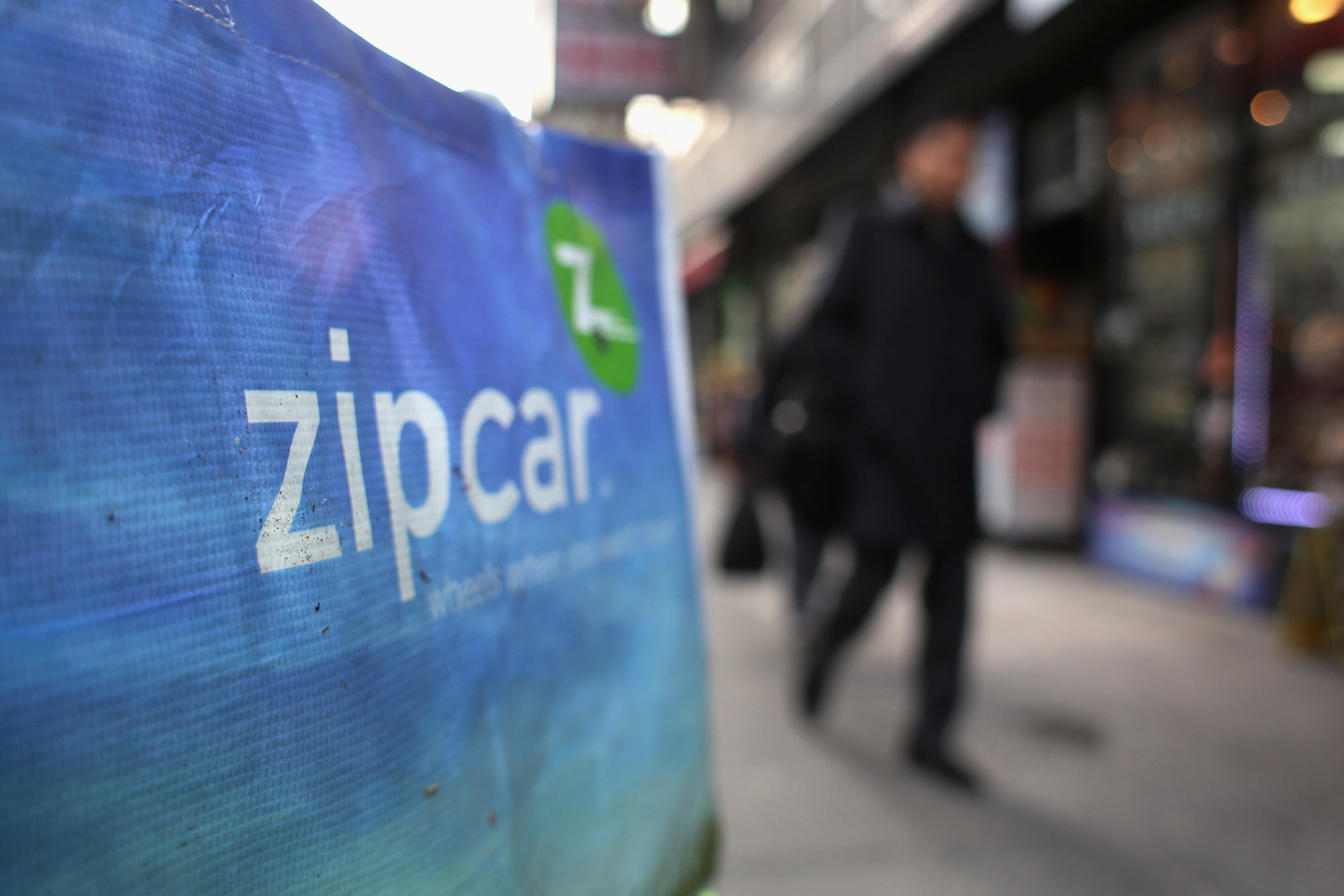Bad news, folks. Sorry to say, but the purveyors of the so-called “sharing economy” are misdirecting you: Hopping a ride in a another person’s car, rather than taking your own, is not the solution to climate change. Unbelievable, I know. Yet, customers, newspapers, and politicians keep falling for the greenwashing PR tricks of car-sharing services.
Such claims about the environmentally wondrous effects of these businesses are not uncommon. As Fast Company reported, Robin Chase, the co-founder of Zipcar and a similar French service called Buzzcar, believes that her companies and others like them can provide an “exponential solution” needed for climate change. Zipcar claims—in the “green benefits” section of its website—that “[e]ach and every Zipcar takes at least 20 personally-owned vehicles off the road.” When I asked about the source of this data, a representative with Zipcar directed me to a report about car-sharing from the Transportation Research Board. This report—which makes little ado about environmental benefits—actually puts the estimate at around 15 vehicles. And most often those vehicles are second cars that a household would buy to supplement their primary car. This doesn’t exactly seem like as much of an environmental boon that Chase makes it out to be.
While Zipcar is more like a short-term rental, similar services, like Lyft and Sidecar, use apps to connect people who need a ride with drivers who pick up passengers in their private cars. I spoke with the co-founder of Lyft, John Zimmer, who told me that the idea for the company was largely born out of environmental intentions. They wanted to build something that would become “a more sustainable transportation infrastructure.” While Lyft hasn’t advertised with this message and been as forward with it as Zipcar, Zimmer told me that sustainability is a big part of the message he delivers when talking to local governments and federal agencies.
Zimmer has good intention, and he told me that over the next couple of years they “should be able to connect the dots and demonstrate that Lyft is an [environmental] solution.” However, thinking about how to add an “efficiency layer,” as he called it, on top of a flawed system is more akin to putting a band-aid on a deep wound: It distracts at best and causes more harm at worse.
The New York Times is even getting in on the hype with a recent article by Ian Lovett about ride-sharing businesses. The article makes the usual claims about ride-sharing—convenience, cheaper fares, and fewer cars on the road—but then it goes on to propagate environmental ideals. In the article, Juan Matute, director of the Local Climate Change Initiative at the University of California, Los Angeles, talked about how great the services are. Lovett paraphrases his claim that, “if more people used ride-sharing services—even just 3 percent of the population, he said—substantial reductions in driving in Los Angeles could result.” What better endorsement could they want?
If sharing truly cuts traffic, it technically could very well reduce the amount of emissions caused by personal transportation, such as running errands or meeting up with friends. However, these environmental claims can’t just be taken at face value. More research is needed that takes into account factors like the constant idling of cars-in-wait and the aimless cruising around of drivers looking for or going to pick up their passengers.
The real crux of the matter, though, is that transportation isn’t the only—or largest—bugbear in the fight against climate change. According to the Environmental Protection Agency, transportation accounted for 28 percent of greenhouse gas emissions in 2011. The production of electricity, however, made up 33 percent of the total, and industry was not too far behind with 20 percent.
To be sure, automobile emissions are a huge problem. But focusing on ride-sharing as a solution to climate change is a distraction from the real structural reform and collective action that’s needed. We have a large, complex political and economic system that is addicted to dirty energy, and we now face up against a “wicked problem” of epic scale. It seems foolish to even think of ride-sharing as a solution that will do more than scoop a few drops out of a rapidly overflowing bucket.
Politicians and customers alike shouldn’t feel like they’re doing their part for the planet just because they fired up an app on their smartphones instead of driving a gas guzzling truck. Or, to put it bluntly, as Will Oremus recently did, the one huge problem with car-centric fixes is that “they’re still cars.” Lyft, Zipcar, and the others might be disrupting something, but climate change isn’t it.
